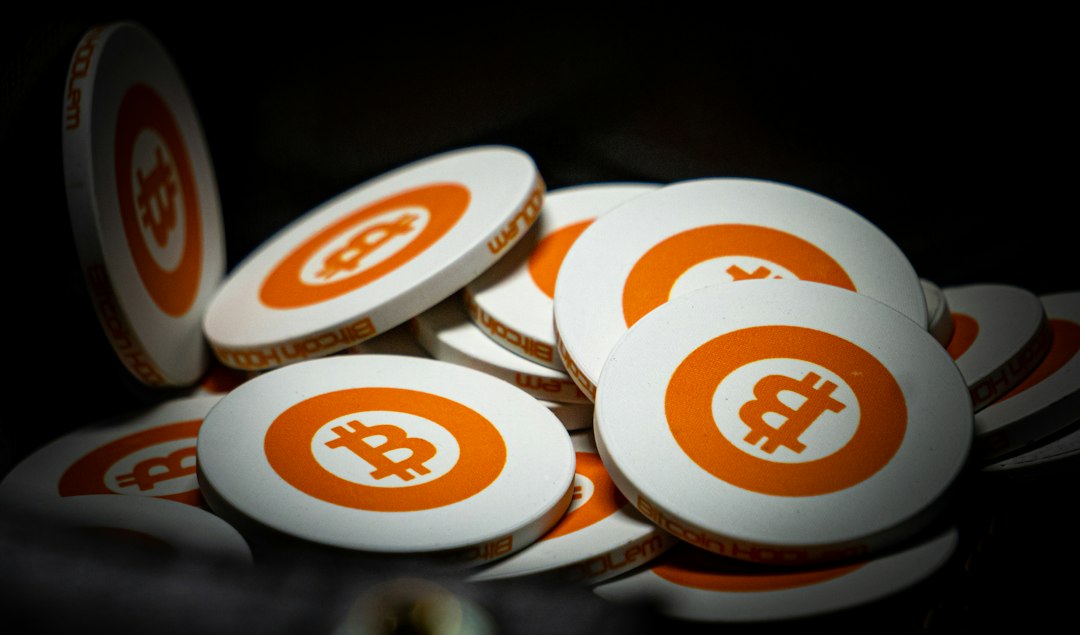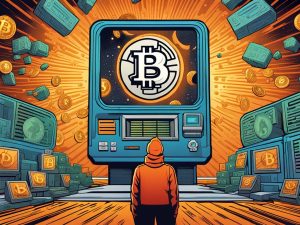The Growing Influence of Governments in Payments Digitization
The continuous advancement of payments digitization allows governments to have greater control and potentially censor economic activities. This means that interventions by governments will become more frequent and easier to implement, eliminating the need for emergency measures or relying on compliant private-sector banks.
The Role of Central Bank Digital Currencies (CBDCs)
Central bank digital currencies (CBDCs), currently being developed worldwide, will incorporate features that allow funds to be frozen or confiscated directly within the currency itself. This programmable money envisioned by CBDC advocates gives the state the power to restrict the use of national currency, regardless of the chosen bank or payments provider. This raises concerns about mistreatment by companies, as users become vulnerable to the state’s control.
While some central banks claim they do not seek complete control over users’ money, the implementation of CBDCs opens the door to extensive control. Achieving social policy goals, such as improving tax collection and combating financial crimes, would be nearly impossible without a complete CBDC takeover.
The Impact on Users and Commercial Banks
Regardless of the resistance from commercial banks, a significant number of people will eventually adopt CBDCs, possibly exclusively. Unfortunately, users can expect poor treatment based on statements from central bankers themselves: locked funds, routine surveillance, arbitrary rules embedded in the currency, and mandatory universal know-your-customer (KYC) procedures using iris scans and fingerprints.
Brazil’s central bank has even released documentation and software for a CBDC pilot that grants the government the authority to freeze user balances, transfer balances to other accounts, or pause the entire currency.
Rejecting Total Surveillance and Control
Justifying this radical transformation of money is the belief that it can prevent illicit activities such as tax evasion and money laundering. However, we do not impose constant tracking on every car despite their potential for illegal activities. It is crucial to resist a program that promotes total surveillance and control over currency, as it restricts individual freedom and lacks accountability.
We must question the qualifications of central bankers to interpret and enforce laws, as well as the extent of their jurisdiction over illicit activities. Are they acting based on statutes passed by elected representatives or unaccountable bureaucratic policies?
Choosing to Defend the Right to Transact
Instead of passively accepting the erosion of our rights, we have the option to assert and protect the right to transact freely. Throughout history, this natural right has been upheld until recently. If our institutions wish to take away this fundamental right, they must provide a coherent justification, which is unlikely.
Transacting freely does not legalize illegal behavior; it simply means that policing is conducted through appropriate channels without centralized control over the means of exchange. To counteract the growing financial panopticon, adopting and utilizing cryptocurrencies becomes the practical solution.
As illustrated by the Canadian government’s failed attempt to freeze users’ funds in self-custodied bitcoin wallets, it is clear that cryptocurrency safeguards the right to transact freely.
Hot Take:
The increasing influence of governments in payments digitization raises concerns about the potential for censorship and control over economic activities. Central bank digital currencies (CBDCs) offer programmable money that allows the state to restrict the use of national currency and implement extensive control. Users may face mistreatment, with locked funds, routine surveillance, and mandatory KYC procedures. It is crucial to resist total surveillance and control, defending the right to transact freely. Adopting and using cryptocurrencies becomes the practical route to counteract the encroaching financial panopticon.





 By
By
 By
By
 By
By

 By
By
 By
By